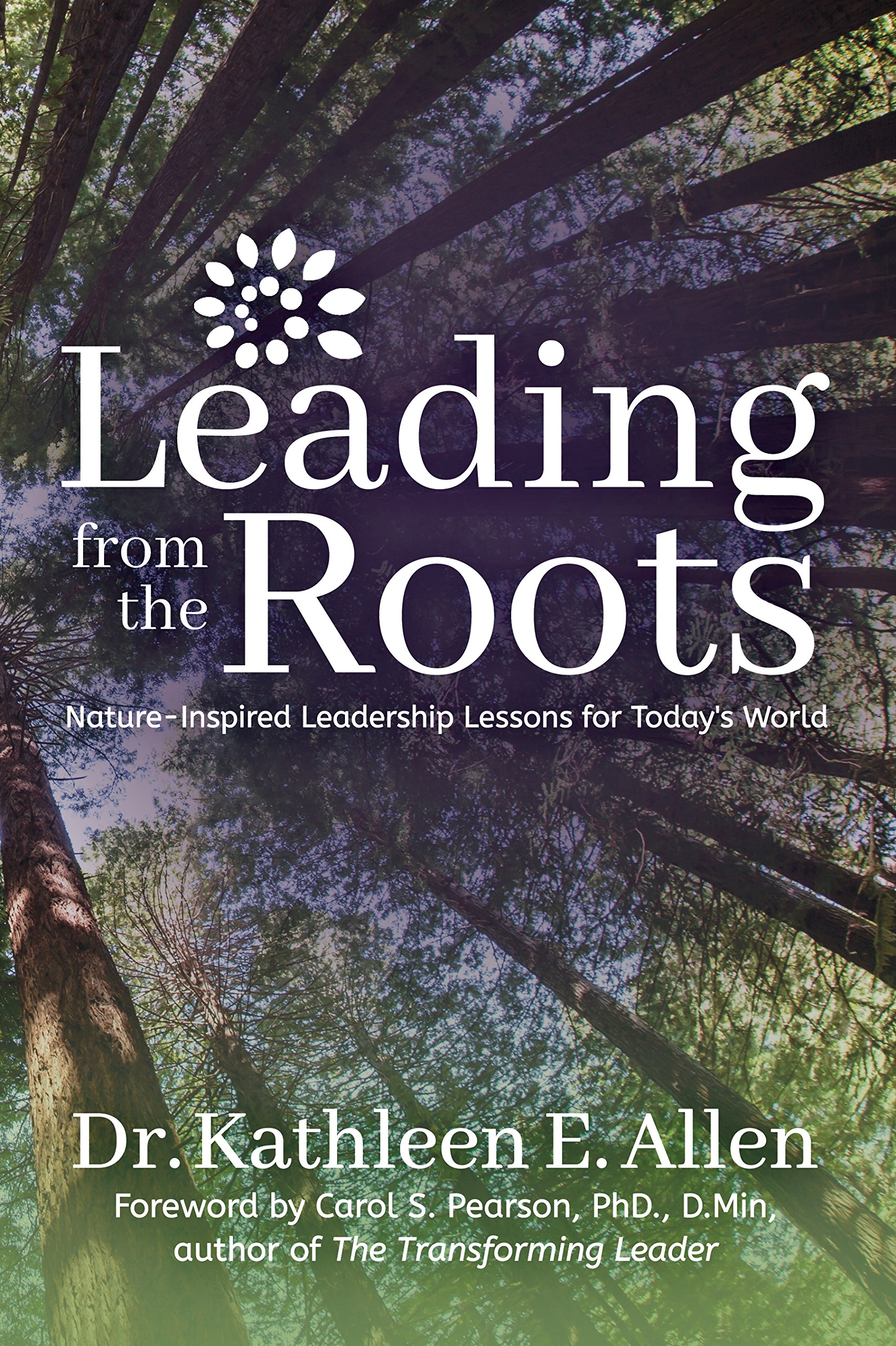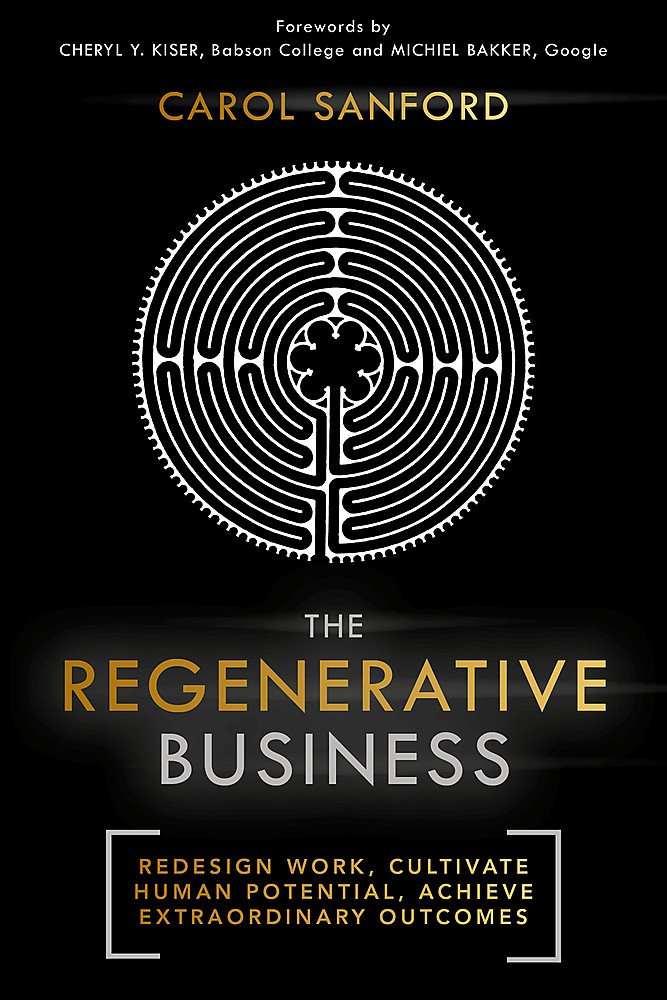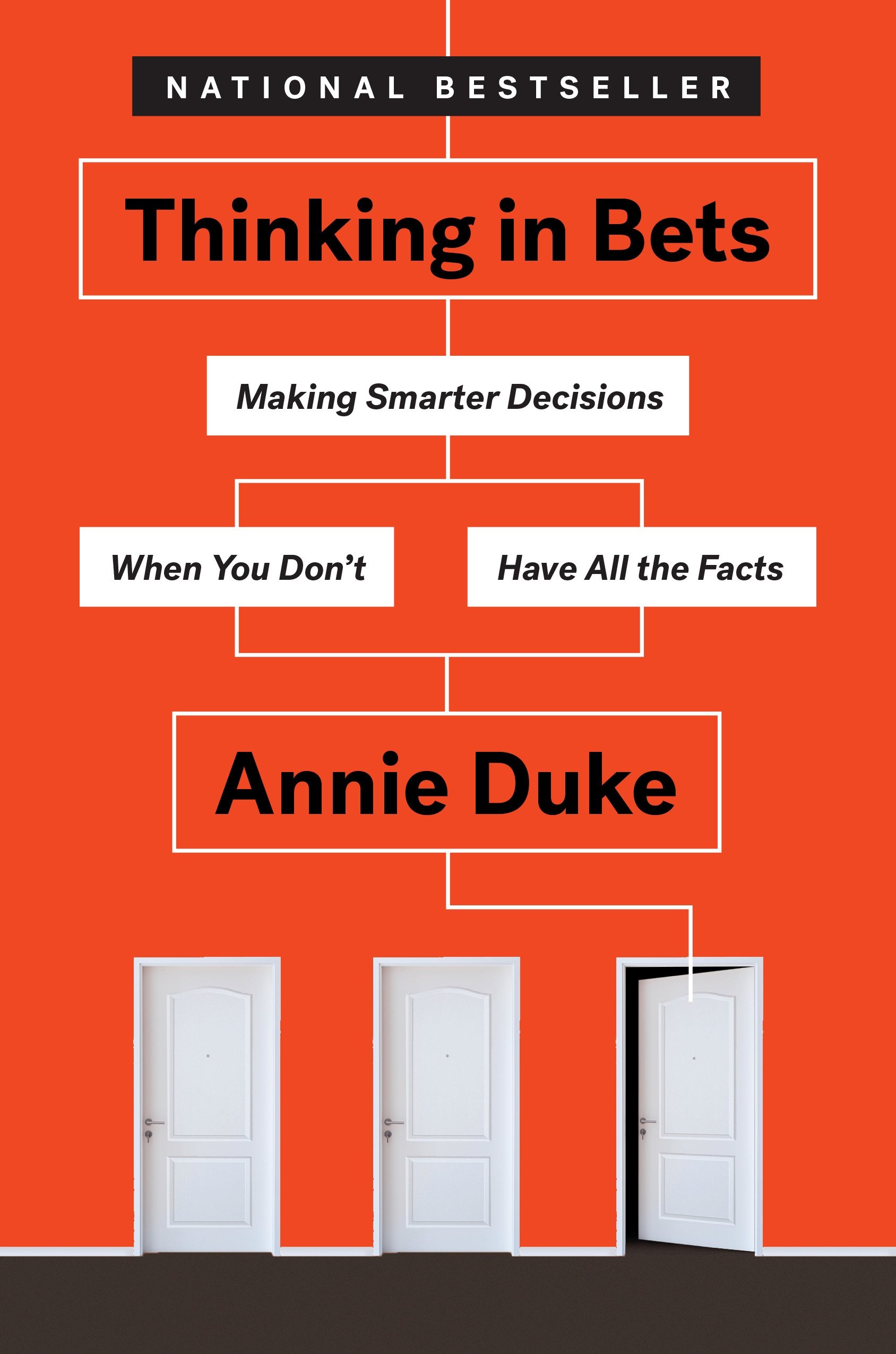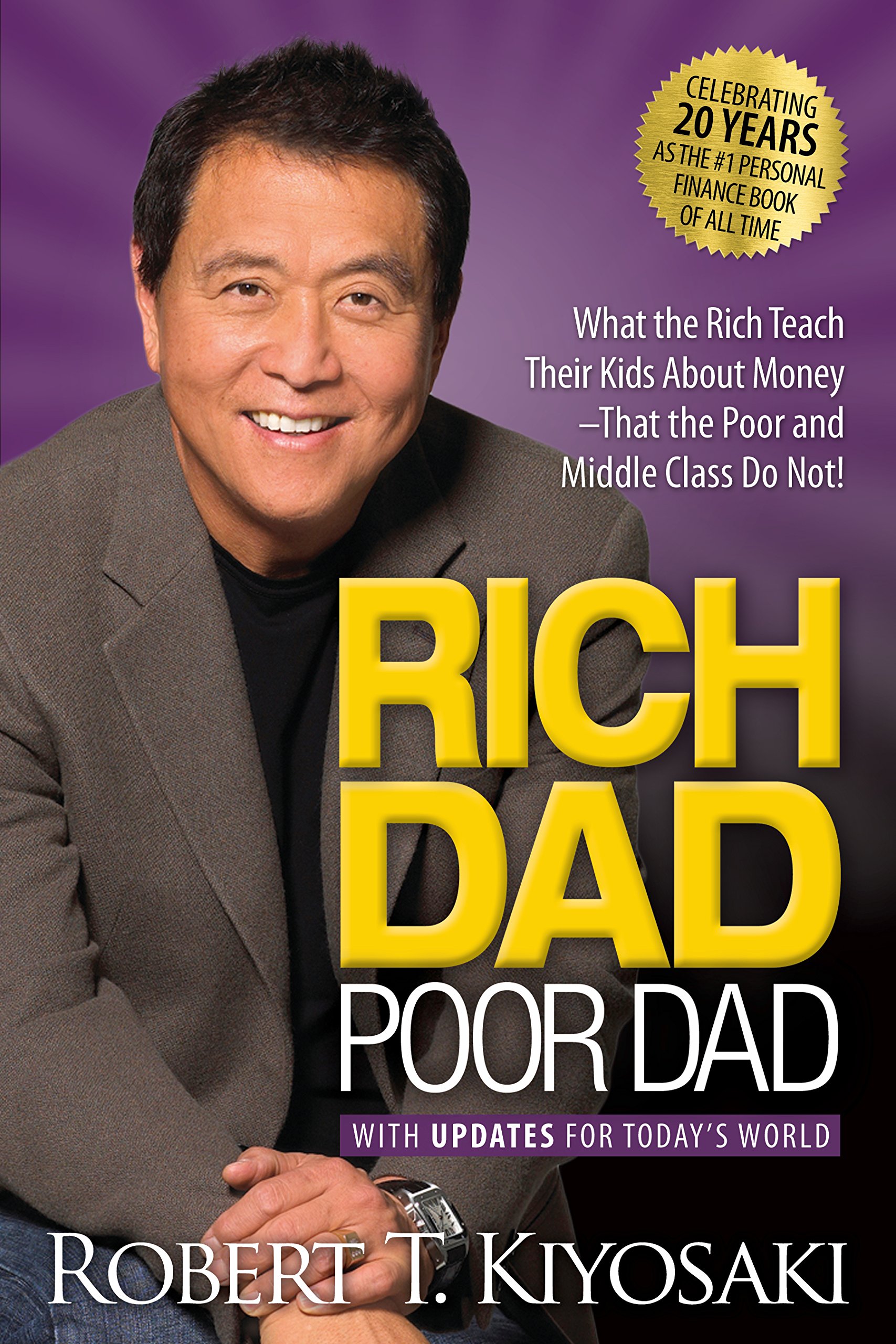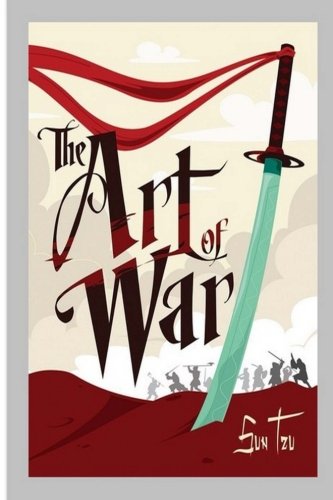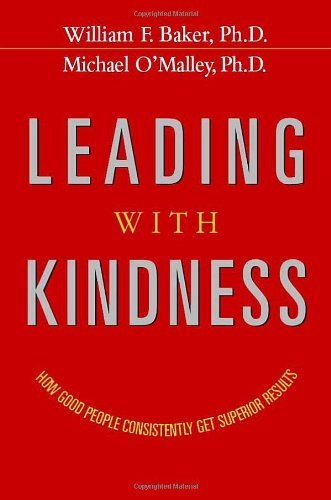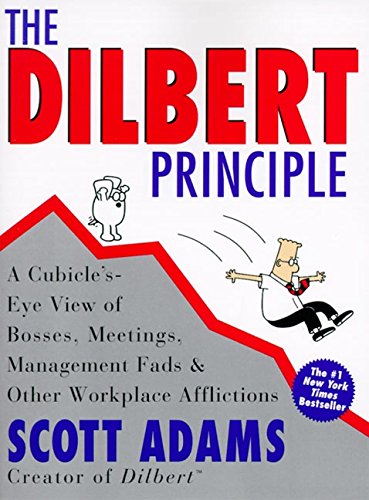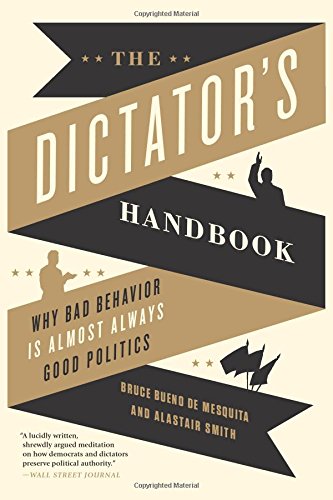Review – Leading from the roots Ah, nature! A term that instantly generates positive emotions, ideas of wholesomeness and a feeling of belonging. And yet it is a thoroughly undefined expression that can mean anything you want, if you add some context. Some of its inferred meanings include literally everything in existence everything not explicitly created by humans everything that exists outside of human settlements everything that exists outside of human settlements but restricted to our planet earth the biosphere (all living things) the biosphere, plus viruses the biosphere, excluding humans the biosphere, plus rivers and mountains only static components of a habitat (trees and rivers and mountains and stuff) plants only The list goes on. The questions what is and what isn’t natural are actually quite interesting from a scientific and philosophical point of view. I spent five years in a lab to create bacteria that produce a protein containing a building block that is no other protein in the world has. All the components I used exist naturally, including the building block (it is just not used as a building block anywhere else). Does that make the resulting bacteria a part of nature? I say yes, but others…
Review – The Regenerative Business: What is a Regenerative Business? There are a dozen buzzwords describing the modern, desirable company. It is agile, lean, and nimble, disruptively innovative, robust, resilient, antifragile, sustainable and even kind. So what the hell is a regenerative business supposed to be? In the words of author Carol Sanford “Regeneration is a process by which people, institutions, and materials evolve the capacity to fulfill their inherent potential in a world that is constantly changing around them. This can only be accomplished by going back to their roots, their origins, or their foundings to discover what is truly singular or essential about them. Bringing this essential core forward in order to express it as new capacity and relevance is another way to describe the activity of regeneration. In other words, regeneration is the means by which enlightened, disruptive innovation happens.” That’s gibberish. Feel free to introduce fancy concepts like “regeneration”, but please have somewhere in the beginning of your book a chapter that starts with “My idea is about…”, followed by a clear and succinct definition. After reading the entire book, it seems like a regenerative business is one that develops its people and culture to bring…
Review: Bad personal decisions are the leading cause of death, according to a study by Fuqua School researcher Ralph Keeney. So why should you learn making better decisions from a professional poker player, of all persons? In Thinking in Bets, author Annie Duke states that life is a lot more like poker than chess. In chess, both players have complete information. Every piece is visible to both players, and every possible next move is apparent. In poker, players know some of the cards that are in play, but have no information on which cards the opponents hold, or which card will be drawn next. Life is a lot like that, in that you can know yourself but can never be certain about which event will happen next. Making decisions in a poker game is tough, because you only have a part of the available information, and decisions in life are tough for the exact same reason. This paves the way for all sorts of fallacies: Fallacies to fall for The easiest trap to fall into is to be too sure about something. Many people know that too much sugar makes children hyperactive, that Albert Einstein failed at maths as…
Review: The book that sparked a movement – a cult, really – and is still cited as the number one resource for learning how to amass wealth. Kiyosaki describes the lessons he learned from young age by his two father figures. His father – the poor Dad – was a teacher, highly educated and holding a well-paid job with the government, who struggled to pay his bills. His friend Mike’s father – the rich Dad – dropped out of school and owned several companies. So, how do you get rich? Buy assets first, then pay your bills. The rest of the book merely elaborates on this simple principle. But if it is that simple, why aren’t more people rich? Because it is not obvious, what is an asset, and what is a liability (so invest in your financial education). It is hard to spot great investments (so invest in your network). And it’s hard to not pay anybody else first (so form a company to buy assets with pre-tax money). Each chapter of Rich Dad, Poor Dad consists of four parts. First, Kiyosaki recites tales from his youth, and what his titular Dads taught him. This is followed by a…
Review: The Art of War is a collection of stratagems (bite-sized, aphoristic strategic teachings) by chinese military commander Sun Tzu (or Sun Zi or a dozen variations) – and well over 2500 years old. So why this review? Because The Art of War still makes the management book bestseller lists (like here, here, here or here). This review is based on the annotated german translation by Patrick Lindley of the 1910 english translation by Lionel Giles. There are several versions around, so your experience may vary slightly. I chose one of the tackier cover arts for this blog post, by the way. The Art of War of the past Sun Tzu, as a seasoned general, has a pragmatic view of war and combat. Peace is best for everyone, but if war is inevitable, unnecessary battles have to be avoided. If a battle is inevitable, it should be fought with as few casualties as possible. According to Sun Tzu, to achieve this goal one needs preparation, discipline and execution. To prepare for war, the wise leader adopts a holistic view of war, and takes into account the terrain, weather and timing, numbers and motivation of troops on both sides,…
Review: When it comes to books on leadership, Leading with Kindness is about as generic as it gets. Two leadership educators interviewed a bunch of leaders (with a slight bias to banking and investment) and aggregated their leadership experiences. A good, efficient and ”kind” leader sets expectations, sticks to the truth and focuses on mutual gain and growth. Baker and O’Malley then simply define this set of features and behaviors as “kindness”. The funny thing is, Dale Carnegie wrote pretty much the same in his book How to Win Friends and Influence People – in 1936. I found Leading with kindness very confusing. Books I read are never short of lists, but this one takes the cake. Baker and O’Malley start simply enough with three traits of kind leadership, that get their own chapter each. Every single chapter, however, meanders off into increasingly nested sub-lists that form sub-chapters, with several additional bullet point lists. And in-between the confusing list-within-list structure, some leaders offer their own three or so steps to leadership success. I had problems to keep track of which list-level the passage I was reading belonged to. The authors try to adopt an entertaining, positive tone, but only succeed…
Review First of all, I am a huge Dilbert fan, although I have never read the comics at work, especially not during that dozy hour right after lunch. Maybe you have heard of the Peter principle. People get promoted for being competent at their current position, so it is certain that everybody ends in a job they can no longer fill competently. The Dilbert principle is similar, but postulates an earlier reason for executive incompetence: incompetent people are rapidly transferred to positions where normal people do not have to see them every day and where they cannot touch anything dangerous – to management. Most management books are written by and for managers. There are good reasons for this, for example few non-managers have the required of free time and hubris to write a management book. But this also creates a bias which may be one reason why ridiculous company policies still thrive. The Dilbert Principle offers a different perspective, looking at management actions through the eyes of the office workers affected by them. Adams brings up diverse topics that determine (and sometimes plague) the daily grind in the cubicles, from consultants to employee motivation programmes. Each chapter gives an…
Review There is a difference between the way the world is and the way the world should be. And there are reasons for this gap. Poverty, corruption and inequality all over the world can be explained by the number of people the country’s leader needs to keep power – the essential selectorate. Leaders will do everything to please their essentials, while simultaneously keep the number of essentials as low as possible. This book is a deeply cynical manifest praising the virtues of selfish, near-sighted politics. The Dictator’s Handbook starts with a bold premise: there is no functional difference between successful dictators and successful democratic leaders. The optimal strategy for both is to install policies that benefit the people they depend on, and take for themselves what is left. Both types of leaders can exercise the same corruption and reckless focus on personal gain, with the only difference being the number of people they are accountable to, their essential coalition. This point spans the entire book, being repeated ad nauseam. Democrats have to please the fraction of all voters that is necessary to elect them to power. Depending on the number of parties, faction structure and voting system this can be…
